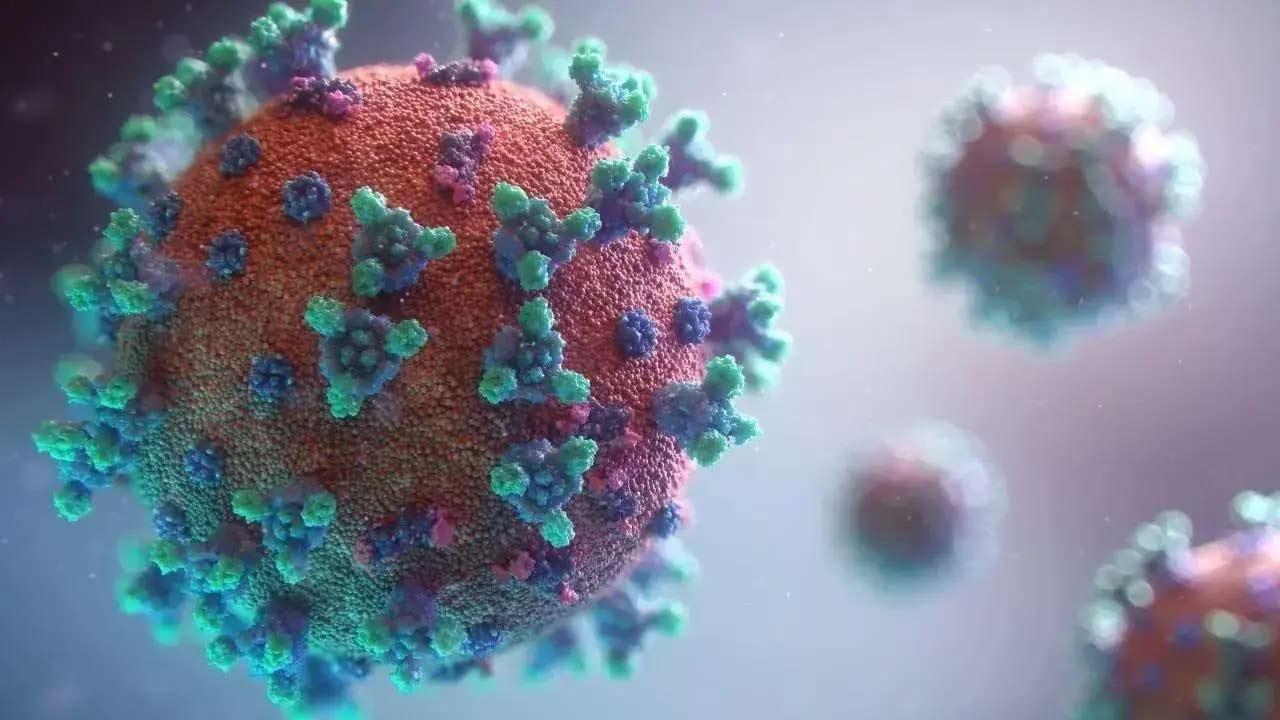The largest study to date of long OVID symptoms in children aged 0-14 years used national level sampling of children in Denmark and matched COVID-19 positive cases with a control group with no prior history of a the disease

Representative Image
Children infected with the SARS-CoV-2 virus can experience symptoms of long Covid lasting at least two months, according to a study published in The Lancet Child & Adolescent Health journal on Thursday.
ADVERTISEMENT
The largest study to date of long Covid symptoms in children aged 0-14 years used national level sampling of children in Denmark and matched Covid-19 positive cases with a control group with no prior history of a the disease.
"The overall aim of our study was to determine the prevalence of long-lasting symptoms in children and infants, alongside quality of life, and absence from school or day care," said Professor Selina Kikkenborg Berg, from Copenhagen University Hospital, Denmark "Our results reveal that, although children with a positive Covid-19 diagnosis are more likely to experience long-lasting symptoms than children with no previous Covid-19 diagnosis, the pandemic has affected every aspect of all young people's lives," Berg said.
Also read: Mumbai’s Covid-19 test positivity rate close to 30 per cent
Further research into the long-term consequences of the pandemic on all children will be important going forwards, the researcher said. Most previous studies of long Covid in young people have focussed on adolescents, with infants and toddlers seldom represented. In the study, surveys were sent to the mother or guardian of children between 0-14 years who had tested positive for Covid-19 between January 2020 and July 2021.
In total, responses were received for almost 11,000 children with a positive Covid-19 test result who were matched by age and sex to over 33,000 children who had never tested positive for Covid-19. The surveys asked participants about the 23 most common symptoms of long Covid in children and used the World Health Organization definition of long Covid as symptoms lasting more than two months.
The most commonly reported symptoms among children 0-3 years old were mood swings, rashes, and stomach aches. Among 4-11 years old the most commonly reported symptoms were mood swings, trouble remembering or concentrating, and rashes, and among 12-14 years old, fatigue, mood swings, and trouble remembering or concentrating.
The results of the study found children diagnosed with Covid-19 in all age groups to be more likely to experience at least one symptom for two months or longer than the control group. In the 0-3 years age group 40 per cent of children diagnosed with Covid-19 (478 of 1,194 children) experienced symptoms for longer than two months, compared to 27 per cent of controls (1,049 of 3,855 children).
For the 4-11 years age group the ratio was 38 per cent of cases (1,912 of 5,023 children) compared to 34 per cent of controls (6,189 of 18,372 children), and for the 12-14 years age group, 46 per cent of cases (1,313 of 2,857 children) compared to 41 per cent of controls (4,454 of 10,789 children) experienced long-lasting symptoms.
The types of non-specific symptoms associated with long Covid are often experienced by otherwise healthy children; headache, mood swings, abdominal pain, and fatigue are all symptoms of common ailments that children experience which are unrelated to Covid-19. However, the study revealed that children with a positive Covid-19 diagnosis were more likely to experience long-lasting symptoms than children who had never had a positive diagnosis, suggesting that these symptoms were a presentation of long Covid.
This is supported by approximately one third of children with positive Covid-19 tests experiencing symptoms that were not present before the SARS-CoV-2 infection, the researchers said. In addition, with increasing duration of symptoms, the proportion of children with those symptoms tended to decrease. Generally, children diagnosed with Covid-19 reported less psychological and social problems than children in the control group, they said.
In older age groups, cases often felt less scared, had less trouble sleeping, and felt less worried about what would happen to them, according to the researchers. A likely explanation for this is the increased pandemic awareness in older age groups, with children in the control group experiencing fear of the unknown disease and more restricted everyday life due to protecting themselves from catching the virus, they added.
 Subscribe today by clicking the link and stay updated with the latest news!" Click here!
Subscribe today by clicking the link and stay updated with the latest news!" Click here!







